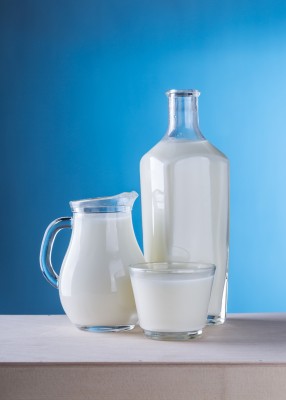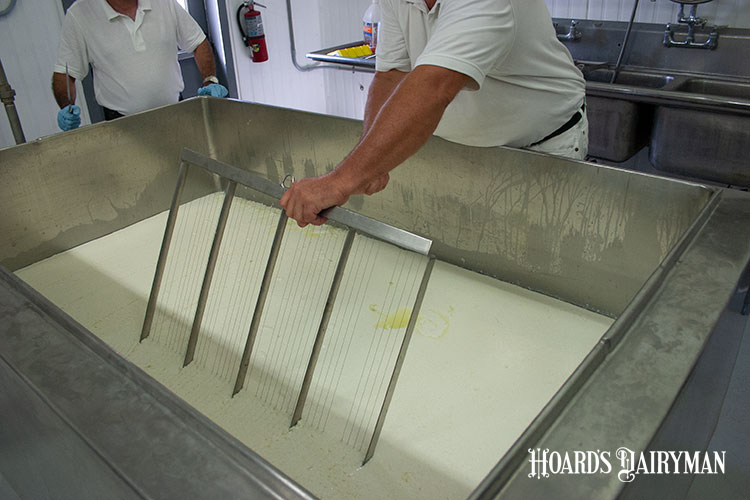Keeping dairy and processing separate by Gary Sipiorski

Keep dairying and processing separate

Recently, a reader who delved into my book Dairy Money Matters sent a thoughtful email on a number of questions related to both dairy farming and dairy processing, with the latter matter involving on-farm processing for dairy products. As more dairy farmers consider marketing directly to consumers, readers may appreciate additional insight on setting up a processing enterprise and how that might financially interlink with the dairy farm.
Tracking milk sales
With a dairy that is selling bottled milk and other products to retail customers, the farm "may" realize a higher milk price when that further step is taken in processing to replace the middle processing and marketing sector. In this example, you would be keeping the handling and profit margin the processing industry would normally get from taking product from the farm to the consumer's table. I do not address further processing in the book.
You must remember the milking herd still should be benchmarked for a cost of production, feed cost, general operating cost, and so forth, just like any other herd. These benchmarks can be compared with the industry standards in the form of percentages and ratios. The herd should be an enterprise and stand on its own business merits. The processing and marketing efforts should also be a separate enterprise, once again showing a profit or loss margin.
The advantage with having the milking herd and processing ability is that the profits or losses can be shifted between the enterprises, depending on the milk price that is paid or the processing end product. The overall bottom line might look better when both are combined, yet each entity should stand on its own.
Please keep in mind that milking cows requires management skills of its own. Further, processing milk into consumer products is a whole different set of skills. A thoroughly thought-out business plan must be completed before a personal and business decision is made on moving forward on any project.
The author is a member of the board of directors with Citizens State Bank of Loyal, Wis., and owns Gary Sipiorski Consulting LLC.
Upcoming Events
Piglet Health 101
February 13, 2026 : Piglet Health 101 - Batavia, NY
Batavia, NY
This free workshop from the New York Pork Producers offers hands-on training in essential piglet care and processing practices, led by industry veterinarians from Passion for Pigs. No matter your experience level, this training offers takeaways for both new and experienced producers.
Boots in the Barn: Cornell Dairy Research Updates
January 13, 2026
January 20, 2026
January 27, 2026
February 3, 2026
February 10, 2026
February 17, 2026
February 24, 2026
Join us for some or all!
2026 No-Till & Cover Crop Conference
February 19, 2026 : 2026 No-Till & Cover Crop Conference
South Burlington, VT
Announcements
Cows, Crops & Critters Newsletter Sponsorship
TRYING TO REACH GROWERS AND AGRIBUSINESSES IN OUR SOUTHWEST REGION OF NEW YORK?Weekly Email Update: Shared with 625+ households who have signed up with our program.
Monthly Paper Mailer: To reach our stakeholders and farmers who lack internet access, we send out a monthly mailer where your company's logo and contact information would be featured with a mailing list of 330+ households.
If you sponsor our weekly and monthly publications you reach approximately 955 households.





